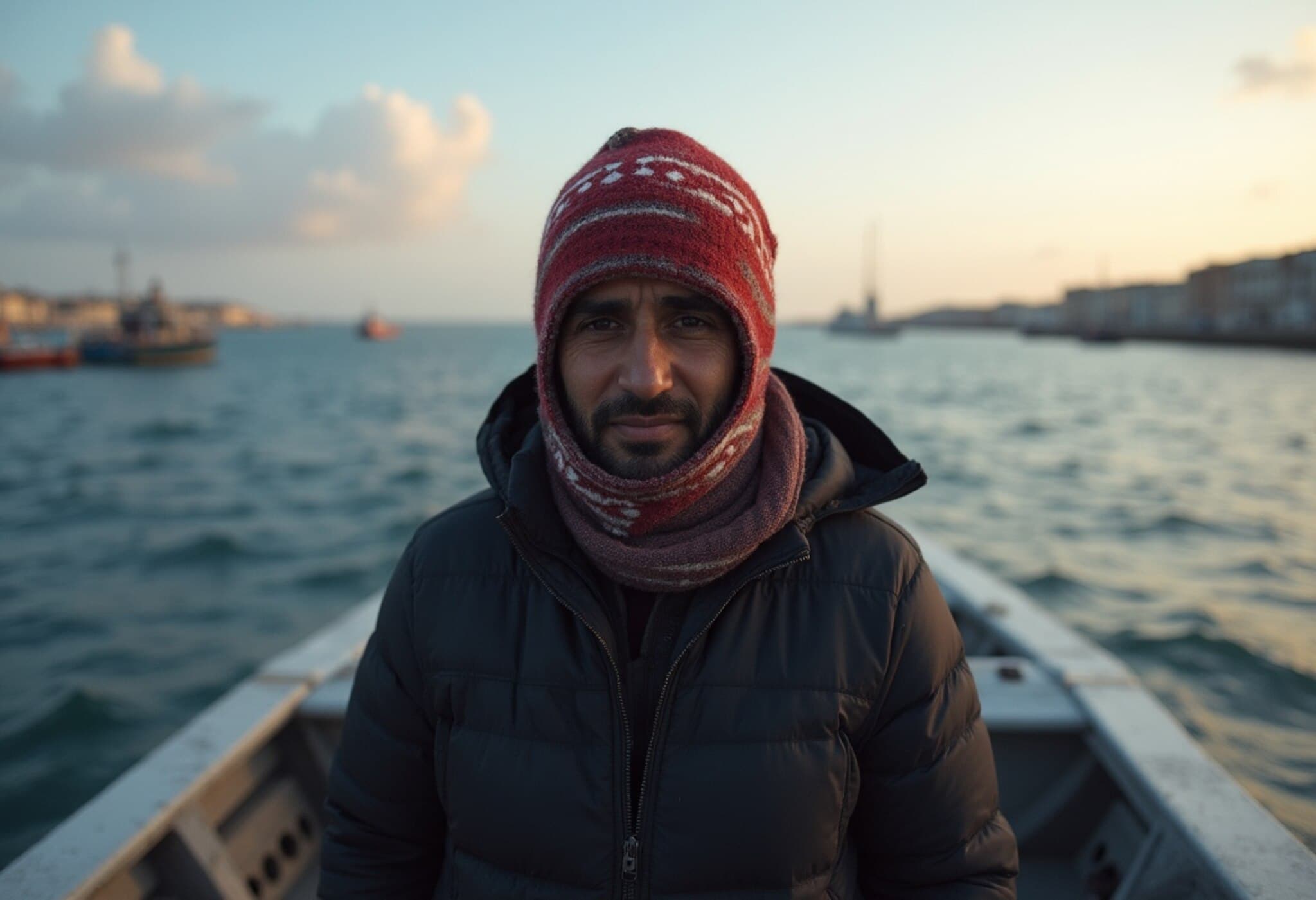The Escalation of Channel Migrant Crossings
Along the northern French coastline, a relentless surge in migrant crossings to the United Kingdom is unfolding daily — a tide that French authorities are struggling to stem. Despite advanced surveillance tools like drones and night-vision optics, and the deployment of over 1,200 gendarmes, people-smuggling networks have adapted swiftly, exploiting the vast 200-km stretch from the Belgian border to the Bay de Somme. Their strategy? Launch multiple simultaneous crossings from up to 10 beaches, employing lookouts in the dunes and waterways to orchestrate meticulously planned departures.
Smugglers’ Tactical Prowess and Police Challenges
French border officers describe the situation as ‘overwhelming’ — outnumbered and outmaneuvered. Marc Musiol, a border police officer in Pas-de-Calais, encapsulates this sentiment: “We are helpless ... there are so many boats leaving, we don’t even know where to start.” Smugglers take advantage of the coastline’s expanse and employ real-time weather apps to pick optimal crossing times, while gangs coordinate via sentries placed in migrant camps, alerting their compatriots moments before a dinghy arrives.
The scale of this operation is staggering. According to official figures, over 22,360 arrivals by small boats have been recorded in the UK so far this year — a 60% increase from the previous year. Smugglers cram upwards of 70 people onto fragile dinghies, often under dangerous conditions. Families, like Karwan and Sara from Tehran with their young children, undertake perilous journeys stretching thousands of kilometers.
Policing Limitations Amid Smugglers’ Bold Moves
Law enforcement resources are spread thin. Typically, only three to six police officers face off against crowds of 50 or more migrants during an attempted crossing. Police attempts to disrupt departures sometimes include tear gas when confronted with stone-throwing gangs protecting their 'clients'. Yet these reactions often serve only as temporary delays. With limited personnel and an expansive coastline to monitor, French authorities acknowledge the futility of interception efforts alone.
Growing Violence and Gangs’ Turf Wars
The migrant camps, especially near Dunkirk, have become epicenters of lawlessness, marked by shootings, stabbings, and gang rivalries. Balkan criminal enterprises dominate smuggling networks, but emerging East African groups, especially from Eritrea, are intensifying competition. Violent incidents, including fatal shootings, underscore the high stakes involved in controlling key departure points.
The Political Response: Promises and Skepticism
Despite British Prime Minister Keir Starmer’s robust rhetoric promising to “smash the gangs,” and his recent agreement with French President Emmanuel Macron on a ‘one-in, one-out’ repatriation deal, local authorities and police remain deeply skeptical. The pilot scheme proposing to return selected migrants arriving in the UK to France in exchange for legitimate asylum seekers has yet to prove effective on the ground.
Deputy Mayor Alain Boonefaes of Gravelines highlights the chronic nature of the crisis: tourism-dependent towns frequently witness hundreds of migrants departing in a single evening, a phenomenon seemingly impervious to political deals or enhanced policing.
Marc Musiol voices a sentiment echoed by many on the frontline: “Macron has made political announcements and not concrete ones. We must stop this problem at the source — in the countries of origin.”
Human Stories Behind the Crisis
The human dimension remains poignant. Families like Karwan and Sara’s, traveling from Tehran with two young children, embody the desperation propelling these dangerous crossings. Others, like Leo, a 25-year-old Afghan who fled Taliban rule at thirteen and has endured a decade-long odyssey across multiple countries, continue to attempt crossings despite repeated failures.
These accounts underscore the complexity of the migration crisis — it is fueled by geopolitical turmoil, humanitarian needs, and robust transnational criminal enterprises, creating a challenge mere shore patrols cannot meet alone.
Looking Ahead: Toward Comprehensive Solutions
- Focus on dismantling smuggling networks at their origin points remains critical.
- Enhanced cross-border cooperation between France and the UK needs real operational commitment beyond political posturing.
- Boosting humanitarian support and legal pathways for vulnerable migrants can reduce the dependency on smuggling routes.
Without embracing multi-faceted strategies that address root causes and criminal enforcement simultaneously, the Channel crossings will likely continue to rise, with dire implications for migrants and coastal communities alike.
Editor’s Note
This enduring crisis at France’s northern coast exposes the limits of border enforcement focused solely on surveillance and interception. As smugglers grow more sophisticated and politically negotiated schemes falter, it raises a vital question: can European governments unite to implement holistic strategies encompassing prevention, enforcement, and humane migration policies? The Channel migrant crossings are not merely a border security issue but a humanitarian and geopolitical challenge demanding urgent, coordinated action.











